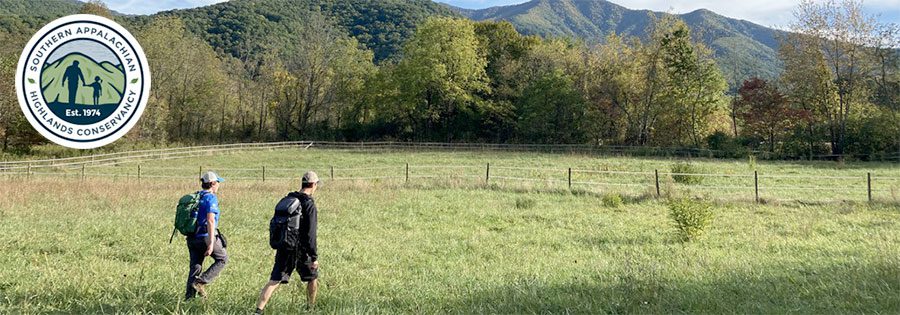Our conservation needs are not one-and-done. Southern Appalachian Highlands Conservancy and our fellow members of the Land for Tomorrow coalition are working with North Carolina’s state leaders to build on the foundation of conservation funding. Every generation deserves to have healthy functioning land and water that are not only beautiful but also provide clean air and water.
We commend our governor and legislators for passing a budget in 2021 that prioritized land and water conservation. Our state leaders put our parks, game lands, forests, trails, and farms at the top of the priority list and we are thankful for that. This historic spending allocation was the highest since the 2008 recession and will benefit people and nature for generations to come.
Land and water are North Carolina’s most important economic assets. The four engines of North Carolina’s economy – agriculture, tourism, forestry, and the military – depend on natural and working lands and clean water. Protecting these vital natural resources is essential to ensure these economic drivers will continue to flourish and provide jobs.
North Carolina’s conservation trust funds ensure that the North Carolina Land and Water Trust Fund (NCLWF), Parks and Recreation Trust Fund (PARTF), and the Agricultural Development and Farmland Preservation Trust Fund (ADFPTF) are fully funded to be the safeguards for the state. These funds enable conservation groups to continue working with state agencies to protect North Carolina’s valuable natural resources, ensuring that both current and future generations will continue to benefit from all our land has to offer.
In 2022, we are asking for our legislators to invest in our state’s future. With necessary increases in funding to the conservation trust funds, we will all be able to protect our state’s clean water, parks and recreation land, and farmland. North Carolina state legislators alone determine the fate of the conservation trust funds and important legislation that helps our state thrive. Forward planning is what we’re asking for today.
